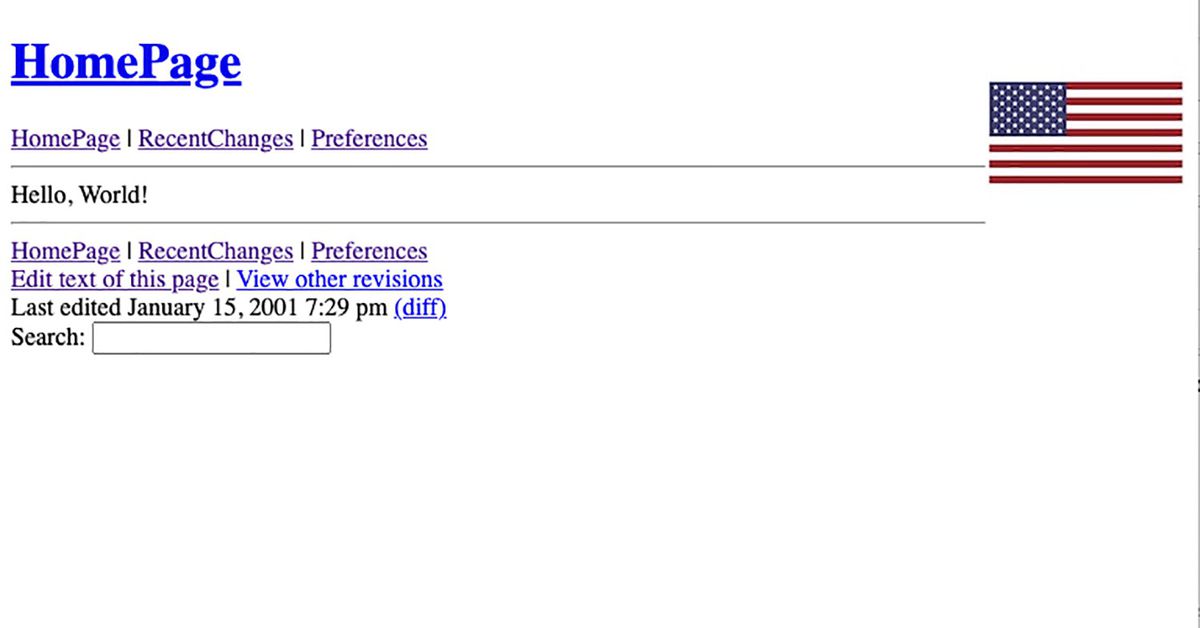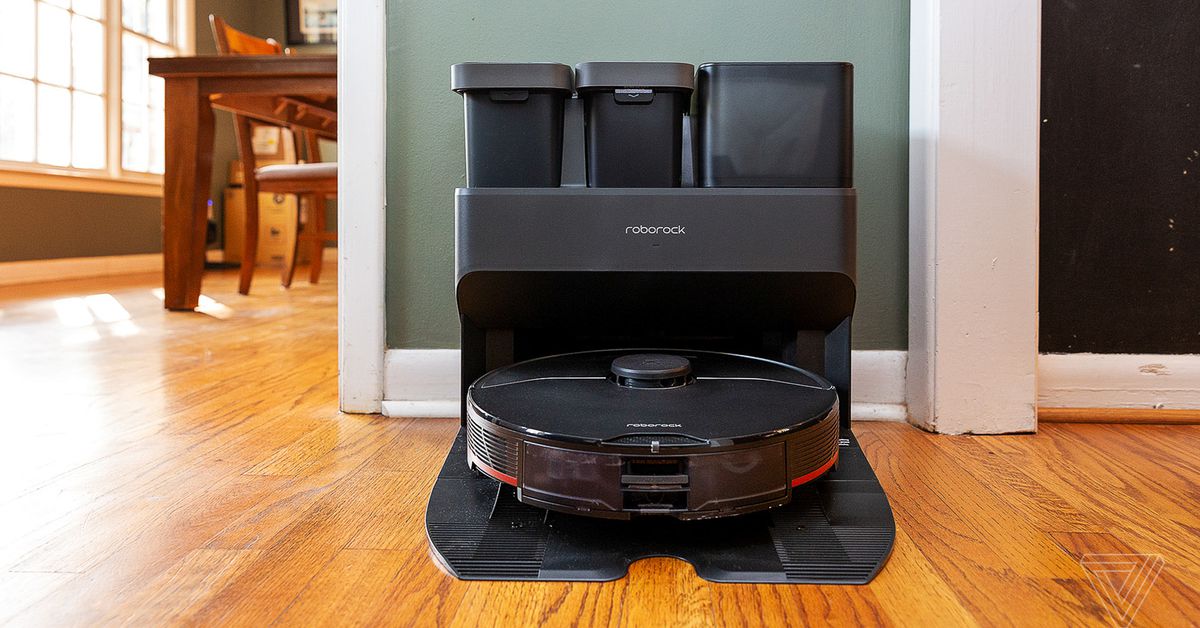Does ExpressVPN keep logs?
Wondering if ExpressVPN will keep your browsing history completely safe? We look at whether the VPN keeps logs.


One of the most important things to confirm when checking out the best VPN for you is that the service does not keep logs. However, that might not sound particularly clear if you’re not sure what logs are or what they mean for you. With ExpressVPN being one of the biggest VPN services out there, we explain logs and take a look at whether ExpressVPN keeps logs.
What are VPN logs?
VPN logs are where the VPN you’re using tracks your browsing or online data in some way. A good VPN won’t keep user-identifiable logs but it’s still important to know what they even are. There are two types of logs to consider.
At their most basic, some VPNs may keep connection logs. These typically include dates, times, connection data, and sometimes your original IP address. Such information is often tricky to use in a nefarious manner as it doesn’t contain details on what you were browsing, other than the time of day and the amount of data used. While these rarely contain any sensitive information, they can be unwanted by users who want full anonymity. Some VPNs merely keep connection logs to monitor the performance of their service or to be able to limit how many devices use your account at once. It’s likely that even VPNs promising a no-logs policy will still keep some form of anonymous data to improve their service.
The other type of logging is usage logs. These contain information on online activity, browsing history, connection times, IP addresses, and metadata. Mostly, free VPNs collect such information while paid VPNs are very unlikely to keep such data.
Does ExpressVPN keep logs?
ExpressVPN has an extensive policy regarding logging. In its statement, it states that it does not and will never log your IP address, browsing history, traffic destination, or any DNS queries made by your system.
However, it does collect information on any apps successfully activated, as well as dates when connected to ExpressVPN. It also monitors the choice of VPN server location and the total amount of data transferred per day, but not what it actually is. ExpressVPN claims that none of that data is able to match an individual to specific network activity or behavior.
Instead, ExpressVPN points out that this limited information is needed to improve its service. It collects data regarding the app to help troubleshoot any technical issues. It also does so to provide technical support, as well as identify and fix network issues.
Anonymized analytics data is also kept relating to speed tests, connection failures, and crash reports. Again, they are not tied back to individual users. Instead, such data is used to keep ExpressVPN running smoothly for its users while also detecting any issues with server performance.
To ensure that its users are happy with the service, ExpressVPN also has independent audits regularly conducted to ensure that it can prove that it has a no-logs policy.
The VPN service is also based in the British Virgin Islands which means it is protected by superior privacy laws compared to the U.S. or Europe.
We strive to help our readers find the best deals on quality products and services, and we choose what we cover carefully and independently. The prices, details, and availability of the products and deals in this post may be subject to change at anytime. Be sure to check that they are still in effect before making a purchase.
Digital Trends may earn commission on products purchased through our links, which supports the work we do for our readers.

 Tfoso
Tfoso 
































